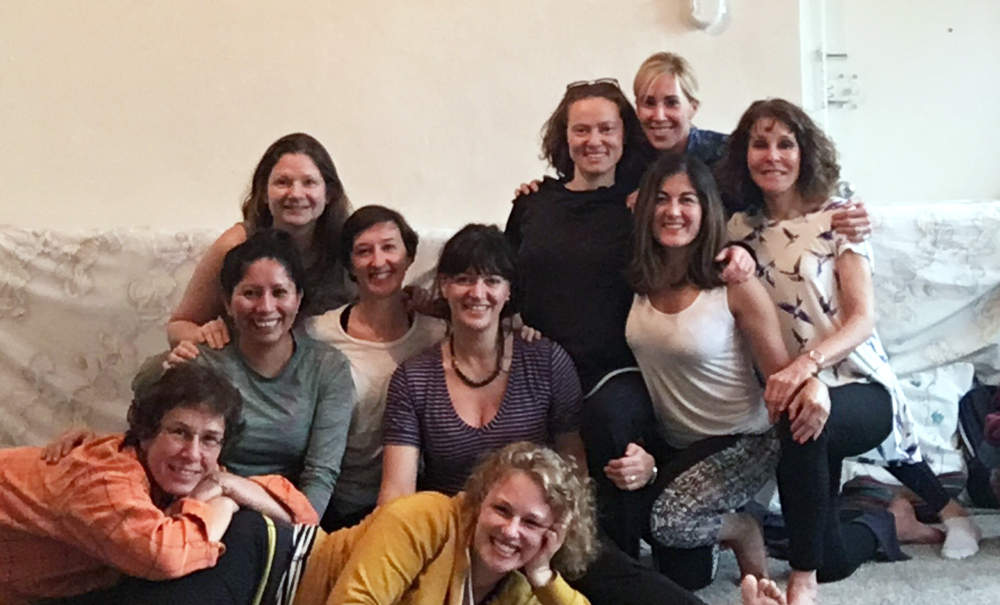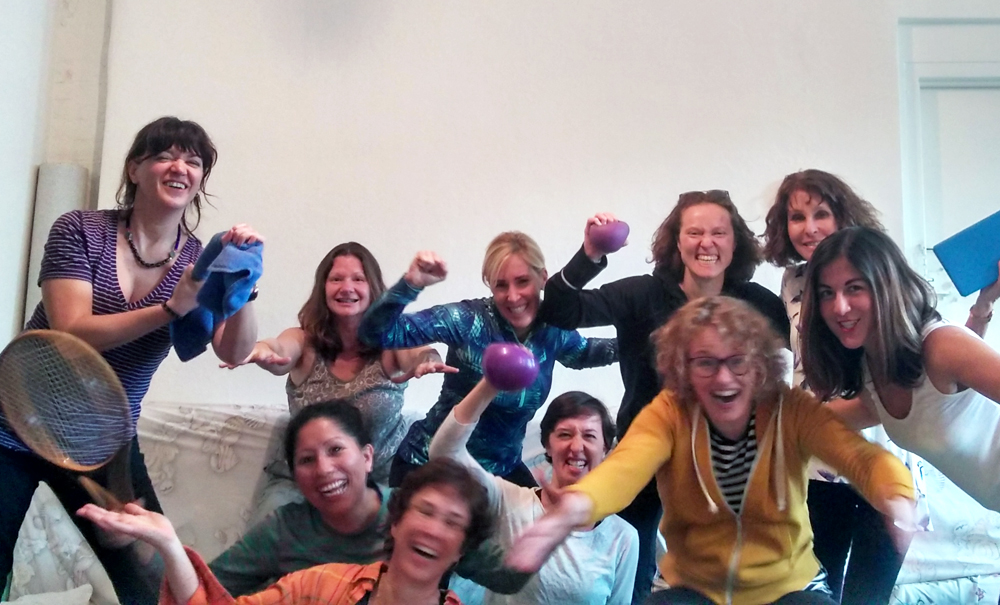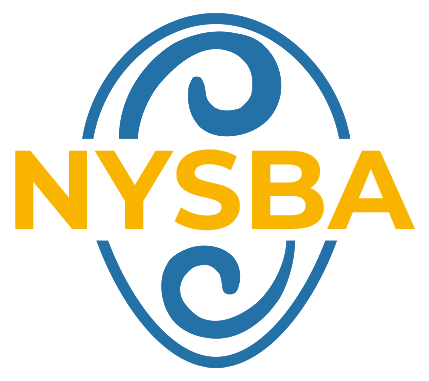Winter 2025 Training Group
The NY Society for Bioenergetic Analysis is preparing to form a new training group set to start in the Winter of 2025. This program leads to certification as a bioenergetic therapist, recognized by the International Institute of Bioenergetic Analysis. The development and implementation of a somatopsychic understanding of psychotherapy process is much more than the recognition that experience, and especially traumatizing experience is encoded and structured in somatic ways. Or the development of a technical armamentarium that reaches into experience through somatic pathways. It is the development and embodiment of consciousness of the singularity of these aspects of humanness through experiential learning about the functional identity of these dimensions, with a specific emphasis on their manifestations in depth psychotherapy process.
The training program consists of three elements. There are 20 days of experiential workshop training each year for four years. There is a personal psychotherapy requirement and a clinical supervision requirement. Current tuition is $3,000.00/year which includes membership in the International Institute. Personal psychotherapy is arranged by each candidate.
The New York Society for Bioenergetic Analysis offers formal training leading to Certification as a Bioenergetic Therapist (CBT). The training consists of three essential parts: experiential and didactic formal workshop training; supervision with an accredited supervisor; personal psychotherapy.
Training Program Curriculum
The program requires a minimum of four years to complete. It is our belief and experience that learning to do deep, careful, sophisticated body-oriented psychotherapy demands the development of a set of skills that include and go well beyond the basic constructs of psychodynamic psychotherapy, requiring extensive rigorous preparation and practice in a learning setting.
First Year
A review of the general principles of psychodynamic psychotherapy, and an explication of the changes and additions in theory and practice that are now a part of Bioenergetic Analysis. Basic concepts that underlie this approach to psychotherapy including the unity of mind and body in a somatopsychic whole; energetic processes as the basis of all psychic and emotional functioning; basic concepts of defense, character organization, and interpersonal functioning, i.e., attachment, internalized object relations, transference.
Second Year
Developmental processes in personality formation using the understanding of character organization developed by Reich, elaborated by Lowen, and developed further by other theorists in Bioenergetic Analysis, including, Lewis, Robbins, Baum, Tuccillo, Johnson, Keleman, Hilton and others. The basics of Bioenergetic technique which includes learning to recognize patterns of attitude and defense in body posture and muscular holding patterns, and related emotional and cognitive organizations. Preliminary study of technique includes learning methods for activation, regression, cathartic enactment, and the timing of active techniques, all in the framework of the therapeutic alliance, and contained by the therapeutic space. Guidance and development of the therapist's ability to tolerate and work with strong emotional expression.
Third Year
Expands the conceptual-experiential framework developed during the first two years and applies them in the clinical setting by examining the process of sessions conducted during, or along with the workshop sessions. Candidates are encouraged to begin supervision with a recognized supervisor. Focus is on the evolution of the therapeutic relationship in a psychotherapy that includes touch, strong emotional expression, and moments of intensive engagement by the therapist. The nature and significance of transference and its manifestations are a central theme during this year, as is the beginning development of a therapeutic style that includes alternations of activity and receptivity on the part of the therapist in a body-oriented psychotherapy.
Fourth Year
The personality of the therapist in the varieties of countertransference. Themes include the therapist's reactions to the patient both helpful and unhelpful, a refinement of the ethical considerations in the practice of Bioenergetic Analysis, the nature of the healing relationship, etc. Room is left in the year's curriculum for special topics to be considered depending on the interests of the faculty and the members of the group. Examples of these include gender identity - its development and role in the therapeutic process - money and therapy, group psychotherapy in a Bioenergetic practice, and more.
Certification
Certification as a Bioenergetic Therapist (CBT) is contingent on successful completion of all the elements of the training program. Certification recognizes the candidate's preparedness to function autonomously as a Bioenergetic Therapist. Certification is recognized worldwide as having been granted by a program affiliated with the International Institute of Bioenergetic Analysis. For further information, please contact Dr. Scott Baum at 212-665-3908.

NYSBA 2nd Year Training Group 2017

NYSBA 2nd Year Training Group 2017




